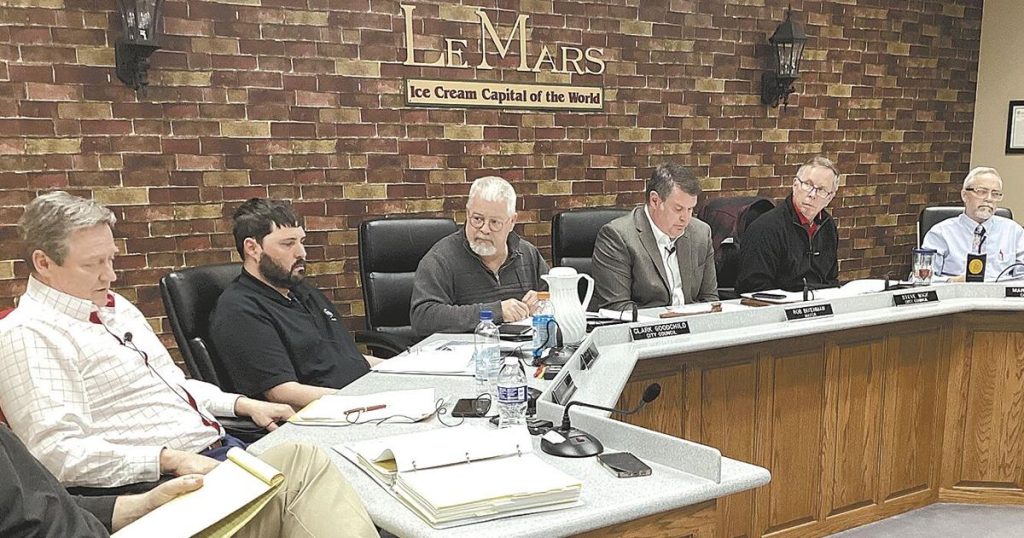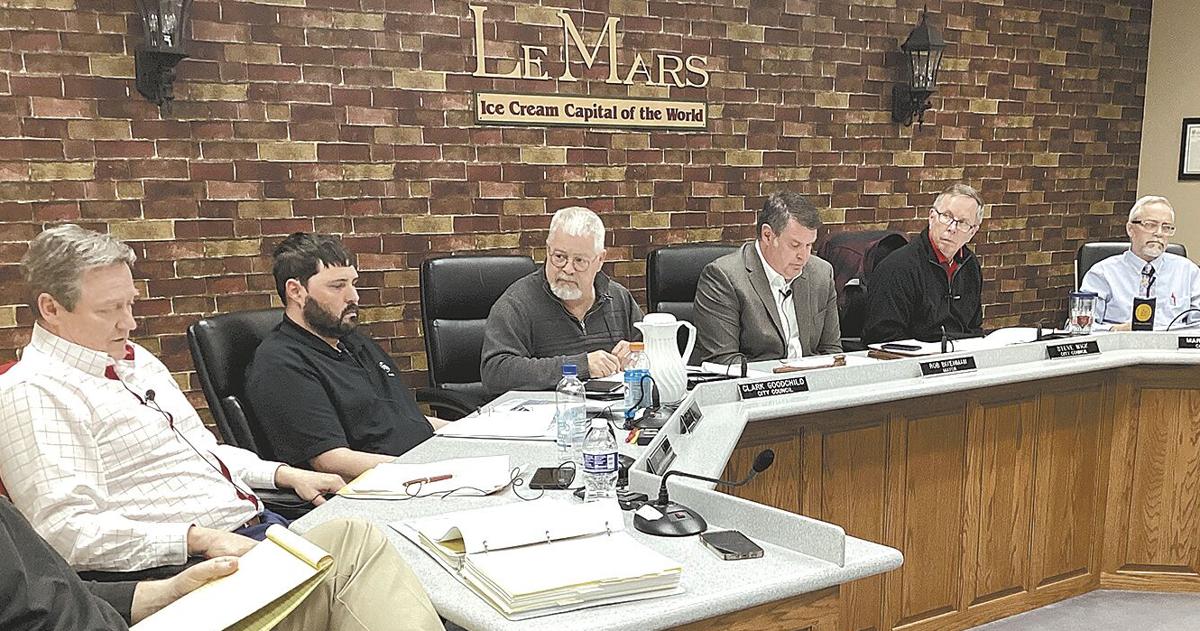The Le Mars City Council has approved a three-year extension for a tax abatement requested by developer Joe Galles for a pair of apartment complexes in the city. The decision, made during the council’s meeting on Tuesday, March 5, came after a debate and thorough discussion regarding the city’s rebate policy.

Galles, operating under JG1, LLC, sought an additional three years of tax rebates for his properties located at 1 Park Lane and 217 First Ave. S.E. These properties consist of multifamily apartment units completed in recent years. The approved rebates for the extension period amounted to $18,303 for 1 Park Lane and $8,178 for 217 First Ave. S.E.
While the city’s Urban Revitalization Plan permits a seven-year tax abatement to encourage development, state law allows for a maximum period of 10 years in urban renewal areas. City Administrator Jason Vacura recommended granting Galles the three-year extension while considering ceasing further extensions beyond that point. Alternatively, an option was discussed to extend all rebates to 10 years, which would require approval from the Le Mars Community School District and Plymouth County.
During the deliberation, council members expressed differing opinions regarding the length of the rebate program. Some members questioned whether seven years might be too long, citing concerns about the financial impact on the city. However, others noted the effectiveness of the rebate program in attracting development to the area.
Ultimately, the council voted 4-1 in favor of granting the three-year extension, with Councilman Brian Bruns opposed. They also decided against extending the rebate program to 10 years, opting instead to inform developers that the limit remains at seven years. Mayor Rob Bixenman suggested that the topic might be revisited in future meetings for further discussion.
In addition to the tax abatement extension, the council approved a development agreement with the Le Mars Business Initiative Corporation for the Southview Industrial Park and discussed ongoing projects within the city.
The decision reflects the council’s efforts to balance incentivizing development with fiscal responsibility, ensuring continued growth and investment in the Le Mars community.
